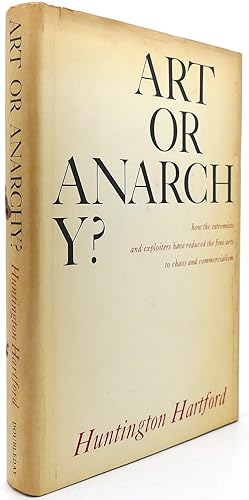The Revolt of the Public and the Crisis of Authority in the New Millennium by Martin Gurri, 425 pages
In The Revolt of the Public, analyst Martin Gurri considers the possibilities and dangers that the information age presents to established institutions and ways of life. The technological changes of the last few decades, he observes, have greatly facilitated the emergence of informal networks, energized by a passionate involvement with specific issues, out of a generally disinterested mass populace. These have collided with technocratic institutions which have inherited their organization from the industrial age, their size and complexity justified by modernist utopian promises which are no longer rationally believed but are still emotionally expected. It is precisely in this gap - between what we know to be the limits of expertise and what we believe we are owed - that the aroused public finds its angry home. The negativity of postmodern protest, then - the inability of activist networks to advance positive solutions to the systemic problems they identify - is not just the result of their own lack of hierarchy, but an inescapable feature of the crisis of late modernity. The danger, Gurri believes, is that the accelerating erosion of institutional authority is transforming the gap into a chasm, making the prospect of a wholesale rejection of democratic pluralism correspondingly more attractive to dissidents on both the left and the right.
Beyond Gurri's method and presentation, there is little here that would surprise anyone who has read, for example, MacIntyre, Postman, or Lasch. That Gurri, deliberately or not, seems unaware of this is, on the whole, more a blessing than a defect, allowing him to approach the current crisis along his own path and therefore providing all that much more support when his conclusions overlap with those of deeper thinkers. It also gives him space to suggest his own solutions, as nebulous as those might be. It helps, too, that his presentation is excellent, and will doubtless appeal to many reluctant to try older, more substantive works.




